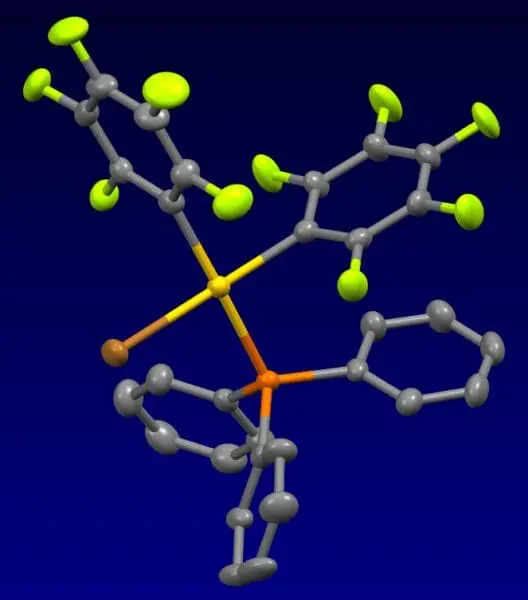
Zurich, Switzerland
Zurich School of Crystallography – Bring Your Own Crystals
When:
29 June - 11 July 2026
Credits:
3 EC
Read more
Natural Sciences
When:
02 July - 13 July 2018
School:
UCPH International Summer programme
Institution:
University of Copenhagen
City:
Country:
Language:
English
Credits:
7.5 EC
Fee:
6375 DKK

Reptiles and amphibians have very little in common apart from the fact that they often seem to attract the attention from the same group of enthusiastic naturalists collectively known as herpetologists. The overall aim of this course is to turn you into one! Why do reptiles get cold when the temperature drops while you stay warm? Are snakes lizards without legs or are lizards snakes with legs? How do amphibians drink? What is the most powerful reptile venom in the world and how did it evolve? Why are 30% of the worlds amphibians threatened with extinction? How did the South American poison frogs develop such amazing colours? How do we study and monitor amphibians and reptiles in the wild? Why did two snake species disappear from Denmark during the last century, and how does a rattlesnake detect infrared radiation? These and many additional questions will be addressed during this intensive two-week summer course. Throughout the course there will be a strong focus on current research and applied science and it will involve both practical excercises and field trips.
Master
Knowledge
The herpetofauna diversity is astonishing with more than 10.000 species of reptiles and more than 7.000 species of amphibians described worldwide. The course will provide the students with a solid background on the evolution, diversity and distribution of the main groups. Lectures will provide insights into selected aspects of reptile and amphibian anatomy, ecology, behavior, physiology, molecular evolution, population genetics, and conservation management.
Competences
The students will gain a thorough understanding of amphibian and reptile evolution and biology, allowing them to comprehend the global distribution of herpetological biodiversity and the many ecological niches covered by these animals. We will explore why many reptiles and amphibians are highly threatened, often serving as key species in conservation programmes. The students will become familiar with applied herpetological tools in the framework of research, monitoring, and conservation management.
Skills
The students will learn to recognize the most important taxonomic groups worldwide and be able to securely identify all Scandinavian reptiles and amphibians to species level. More generally, the student will gain hands-on experience with morphological identification keys and genetic species identification and phylogenetic analyses. If the weather allows, spotting, handling, and DNA-sampling reptiles and amphibians in the wild will also be part of the course. Lastly the students will be trained in reading and discussing primary scientific litterature (articles).
Fee
6375 DKK, EU/EEA students If you are studying at another faculty at the University of Copenhagen or another Danish university, or if you are admitted as an exchange student, you are also exempt from paying tuition fees.
Fee
13425 DKK, Non-EU/EEA citizens If you are studying at another faculty at the University of Copenhagen or another Danish university, or if you are admitted as an exchange student, you are also exempt from paying tuition fees.
When:
02 July - 13 July 2018
School:
UCPH International Summer programme
Institution:
University of Copenhagen
Language:
English
Credits:
7.5 EC

Zurich, Switzerland
When:
29 June - 11 July 2026
Credits:
3 EC
Read more

Aarhus, Denmark
When:
28 July - 01 August 2025
Credits:
5 EC
Read more

Utrecht, Netherlands
When:
21 July - 25 July 2025
Credits:
1.5 EC
Read more